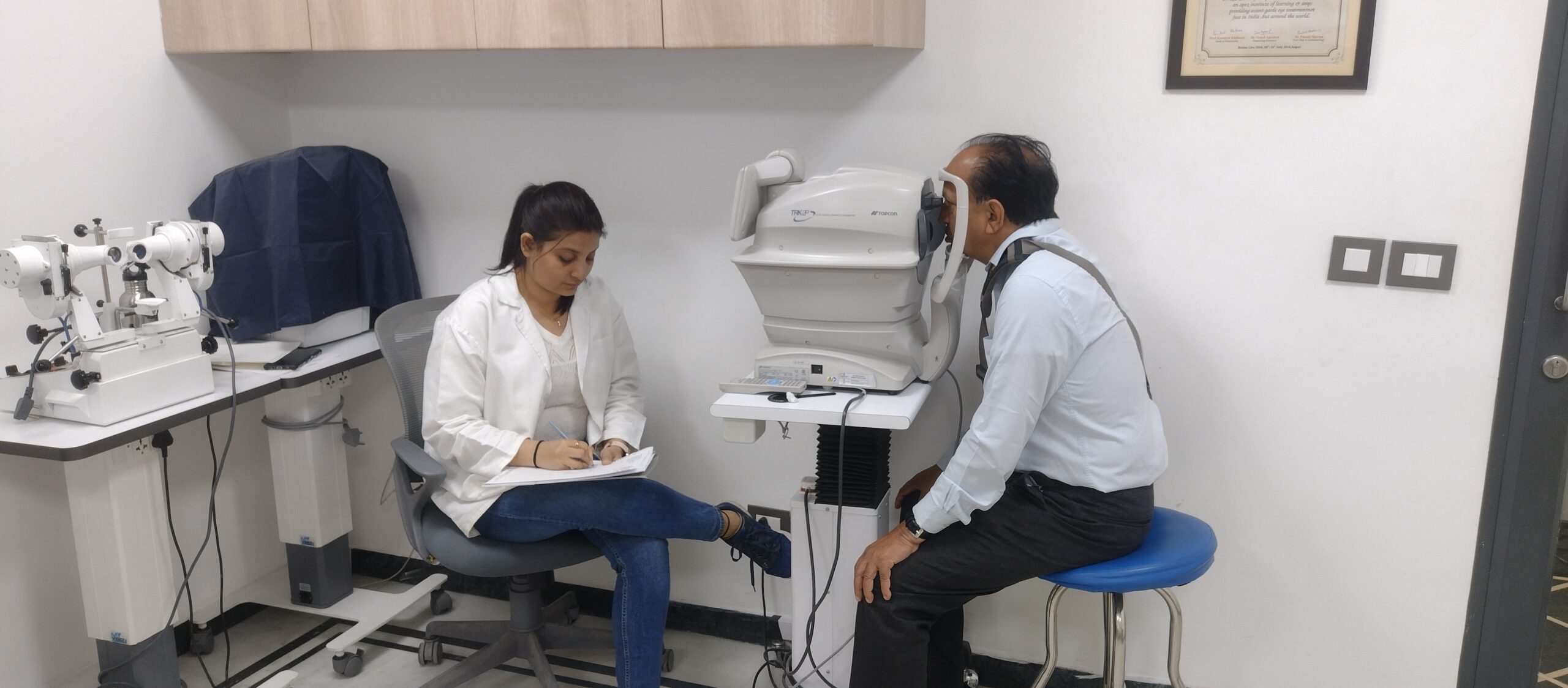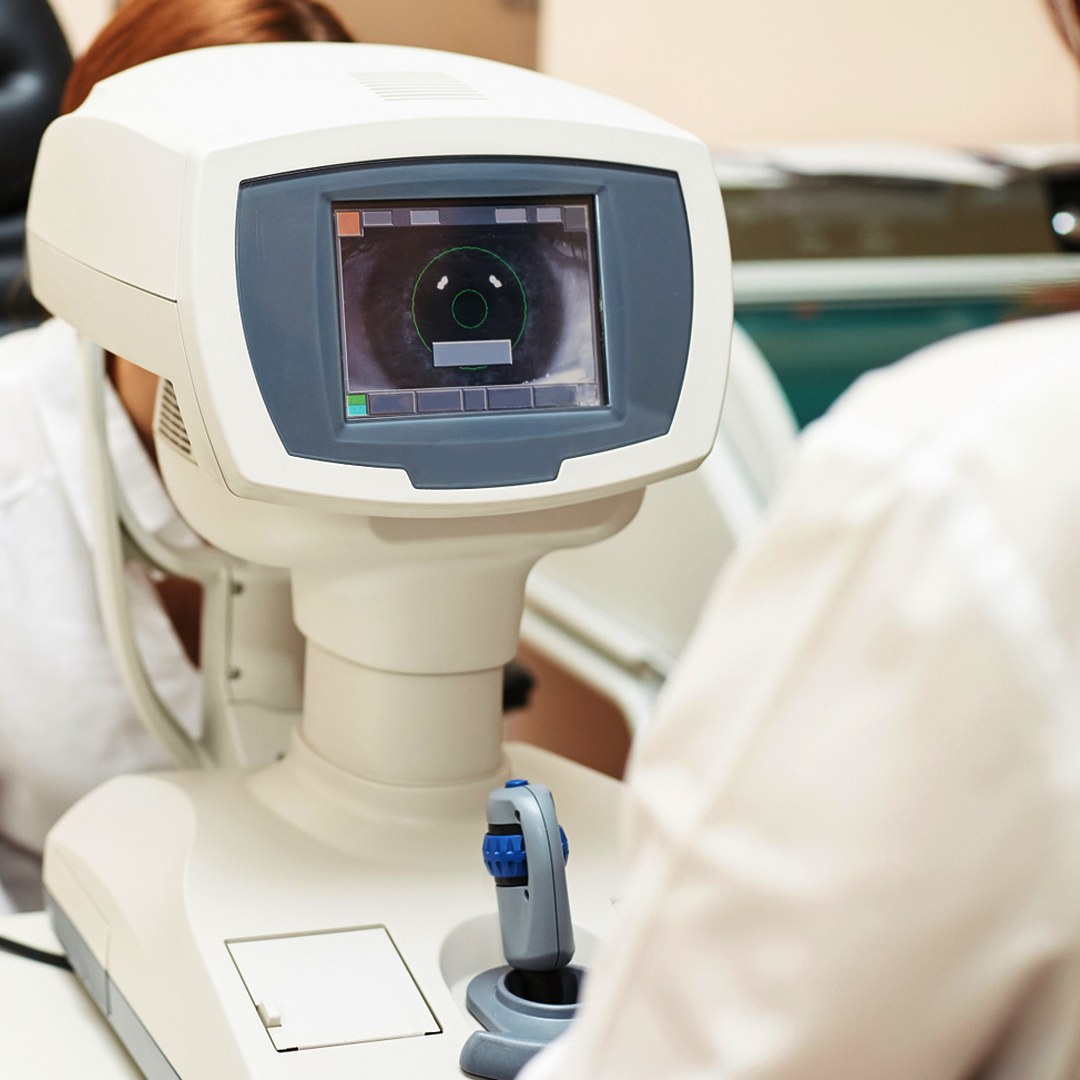
 Posted By Akio
Posted By Akio- Comments 0
Eye health is an essential aspect of living a healthy life. Like any other body organ, your eyes are prone to age-related issues. Their high sensitivity increases their chances of being affected by various external causes.
To maintain your vision quality you must prioritise routine eye-checkup. Considering the modern age’s screen time, your delicate eye goes through immense strain on a daily basis thus getting eye exams once in a while is the gateway to preserving your eyesight by identifying potential problems at an early stage and treating them accordingly.
Why Eye Exams Are Essential?
Eye exams are crucial not just to see how well you see, it’s a complete procedure to evaluate your overall eye health and vision. Many eye diseases progress silently without any noticeable symptoms and eventually when you realise it might be too late. Thus periodic comprehensive eye exams help detect these conditions early and begin the appropriate treatment.

Read More: https://theakio.com/
What Happens During an Eye Exam?
Here are several components of a comprehensive eye exam that you should know:
Visual Acuity Test:
This is the most common test where you read letters from a chart to determine how well you can see at various distances.
Refraction Assessment:
This test helps determine the right prescription for whether you require glasses or contact lenses.
Eye Movement and Coordination:
Your eye movements and ability to focus are evaluated to check for issues like lazy eye or problems with eye teaming.
Eye Health Examination:
Using a variety of instruments and techniques, the optometrist will examine the health of your eyes, including checking for signs of glaucoma, cataracts, and other conditions.
Detecting Vision Problems Early
Early detection of vision problems can be life-changing. Many eye conditions, if caught early, can be managed effectively to prevent vision loss. Here are some common vision problems and how eye exams help in early detection:
Refractive Errors:
Issues like nearsightedness, farsightedness, and astigmatism can cause blurry vision. Regular eye check-ups ensure these problems are detected and corrected with glasses, contact lenses, or surgery.
Glaucoma:
Often called the “silent thief of sight,” glaucoma shows no symptoms in its early stages. A comprehensive eye exam can measure intraocular pressure and assess optic nerve health, enabling early diagnosis and treatment.
Age-Related Macular Degeneration (AMD):
This condition affects central vision and is a leading cause of blindness in older adults. Regular eye exams can spot early signs of AMD, allowing for interventions to slow its progression.
Diabetic Retinopathy:
Diabetes can damage blood vessels in the retina, leading to vision problems. People with diabetes should have an annual comprehensive eye exam to detect any changes in their retina.
Cataracts:
These cause clouding of the lens, leading to blurred or dim vision. Routine eye exams can monitor cataract progression and determine the right time for surgical intervention.

How Often Should You Get an Eye Exam?
The frequency of eye check-ups depends on age, risk factors, and existing eye conditions. Here are the general guidelines:
Children: A first comprehensive eye exam should be conducted at six months of age, followed by another at three years and before starting school. Annual exams are recommended thereafter.
Adults (18-60): Individuals with no known risk factors should have an eye exam every two years. Those with risk factors like diabetes, a family history of eye disease, or wearing corrective lenses should have yearly check-ups.
Seniors (60+): Annual comprehensive eye exams are crucial as the risk of age-related eye conditions increases.
Conclusion
Regular eye exams may seem like an extra hassle but when dealing with such an important and sensitive part of your body you should always be extra careful. Whether you experience any sudden vision changes or not you must always keep a separate timing for a routine comprehensive ophthalmology.
At AK Institute of Ophthalmology, we provide our patients with comprehensive eye care, with various ophthalmology services that aim to ensure all our patients preserve their eyesight and lead a healthy lifestyle.



